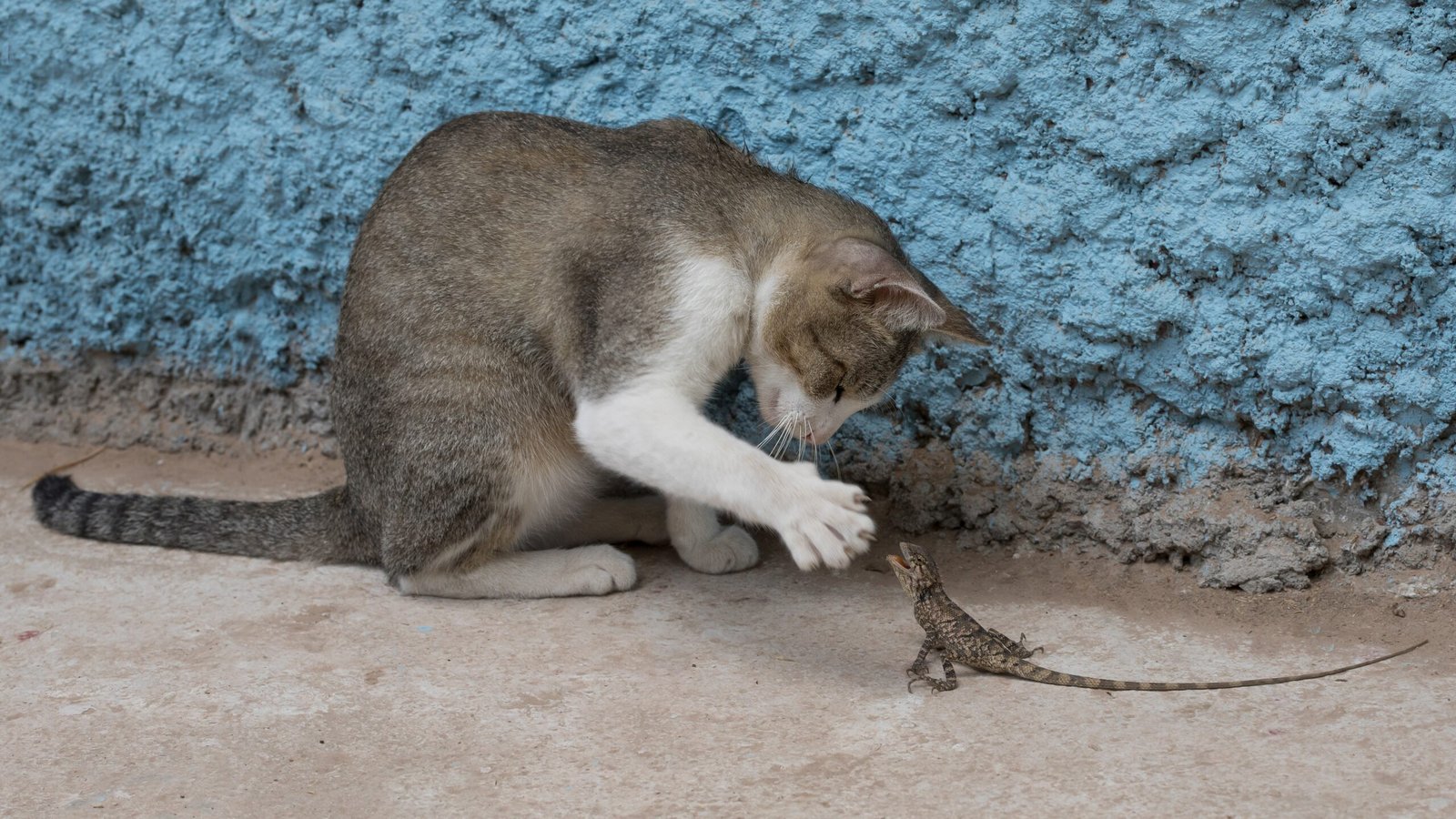Imagine this: you sit down on your couch after a long day, and within moments, your cat appears, curling up right against your side. It’s heartwarming, a little surprising, and always a bit mysterious. Why is your cat’s favorite spot so often right next to you? Cat lovers everywhere know this scene all too well, and the answer is more fascinating than you might think. From ancient instincts to deep emotional bonds, cats have their reasons—and they might just reveal how much your furry friend truly cares.
Seeking Warmth and Comfort
One of the simplest reasons your cat loves to snuggle up beside you is the warmth you provide. Cats are notorious heat-seekers, always looking for the toastiest place in the house. Your body is like a living, breathing radiator, offering a cozy spot that no cushion or blanket can quite match. Especially during chilly evenings or winter months, your lap or your side becomes the most attractive real estate in the room. Just as you might gravitate to a warm fireplace, your cat finds comfort in your presence. The gentle rise and fall of your breathing, the steady heartbeat—these small things create a soothing, secure environment. It’s not just about physical warmth; it’s about the feeling of safety that comes with it.
Marking Their Territory

Cats are creatures of habit and deeply territorial by nature. When your cat chooses to sit right next to you, it’s often a way of marking you as part of their domain. Through scent glands in their cheeks and paws, cats transfer their scent onto you, essentially telling the world, “This human is mine.” This behavior isn’t just possessive; it’s a sign of trust. Your cat feels safe enough to claim you in such an intimate way. In the wild, cats mark their favorite spots to let other animals know where they belong, and at home, you’re just another cherished part of their territory. This subtle act of ownership can be surprisingly endearing once you realize what it means.
Bonding and Affection
Despite their reputation for independence, cats are capable of deep affection. Curling up next to you is one of their most sincere forms of bonding. When your cat purrs, kneads, or simply rests quietly by your side, it’s expressing trust and love in the only way it knows. Some experts believe cats see their owners as parental figures or close companions. Just as kittens huddle with their mothers, adult cats seek closeness with those they trust. This closeness may even release oxytocin—the so-called “love hormone”—in both you and your cat, strengthening your bond. It’s a silent but powerful way of saying, “I feel safe and loved with you.”
Curiosity and Observation
Cats are natural observers. Sitting next to you gives your cat the perfect vantage point to watch your every move, learn your habits, and stay involved in the household action. Whether you’re reading a book, typing on your laptop, or watching TV, your cat wants to be part of the scene. They might even mimic your routines—napping when you nap, watching what you watch. This curiosity is part of what makes cats such fascinating companions. They are always alert, always learning, and being next to you offers both entertainment and a sense of involvement in your life.
Security and Protection
In the wild, cats rely on their family or colony for safety. Even though your home is free from predators, your cat’s instincts remain. Sitting next to you is a way for your cat to feel secure, knowing that you’re there to protect them. Your presence can be especially comforting during thunderstorms, fireworks, or unfamiliar noises. When your cat chooses to be near you during stressful moments, it’s a sign of deep trust. They view you as their protector, their safe haven. It’s a subtle reminder that, despite their confident demeanor, cats sometimes need reassurance too.
Routine and Habit
Cats are creatures of routine, thriving on familiarity and predictability. If you’ve ever noticed your cat waiting by the door at the same time each day or curling up with you every evening, it’s because they find comfort in these patterns. Your company becomes a cherished part of their daily schedule. Over time, sitting next to you becomes more than a preference—it turns into a comforting ritual. This habit can be especially important for cats in busy households or those who may feel anxious or unsettled. Your steady presence brings them peace and stability.
Mirroring Your Emotions
One of the most surprising reasons your cat may choose to sit next to you is their sensitivity to your emotions. Cats are keen observers, picking up on your mood, energy, and even subtle changes in your behavior. If you’re feeling sad, stressed, or simply tired, your cat may come closer to offer silent support. Some people even believe that cats act as emotional sponges, absorbing the stress or negativity around them. It’s a unique and touching trait that many cat owners recognize—your feline friend seems to know just when you need a little extra love or company. Their presence serves as a gentle reminder that you’re never truly alone.

Linnea is a born and bred Swede but spends as much time as possible in Cape Town, South Africa. This is mainly due to Cape Town’s extraordinary scenery, wildlife, and atmosphere (in other words, because Cape Town is heaven on earth.) That being said, Sweden’s majestic forests forever hold a special place in her heart. Linnea spends as much time as she can close to the ocean collecting sea shells or in the park admiring puppies.






